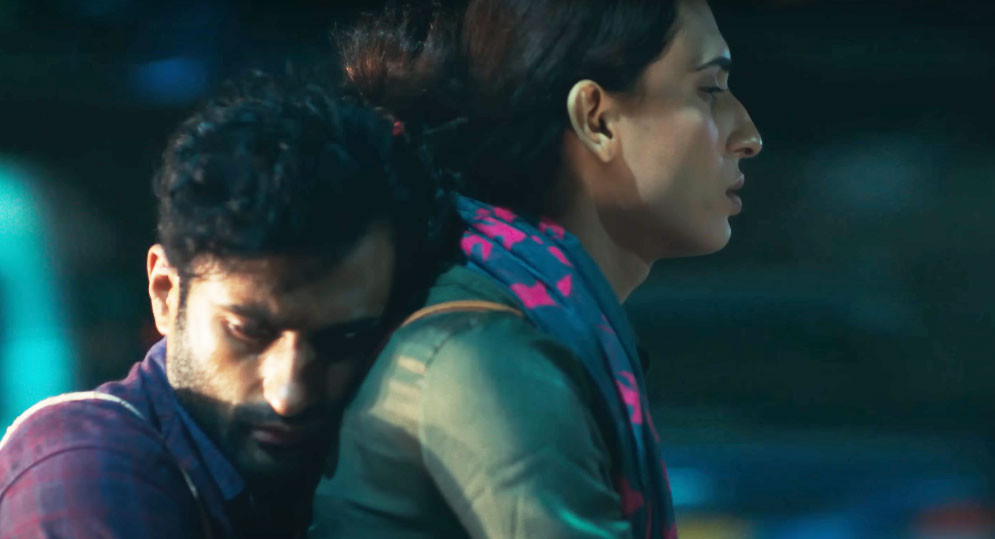
'Joyland' review: An easy-to-understand but difficult-to-accept story
Saim Sadiq's directorial is bone-chilling, heartbreaking and above all, it’s easy on the eyes and hard on your nerves
KARACHI:
For a mind that expects to find catharsis with the fall of a curtain and fading out of lights, the pain and pleasure of an honest artistic creation can be overwhelming. Especially when its aura is so captivating that it takes you further into reality instead of offering an escape from it, like the abyss you are staring at is looking back at you, but the gaze, the reflection is devoid of self, hence a lot more pristine and unfiltered projection of all the shadows that the spectator usually hides in the light.

But you can’t dodge the light in a dark room with a big screen. The story world, once entered, becomes even harder to accept when told with the simplicity of folklore – you know where it’s going but you don’t want it to go there and any search for an over-complication or an uncalled-for dramatic effect goes in vain. Like all exceptional stories, Joyland is an easy story to understand but a difficult story to accept: it’s a pure film and watching it is a purifying experience – so pure that almost everyone who hadn’t watched the film in the land of pure accused it of sin.
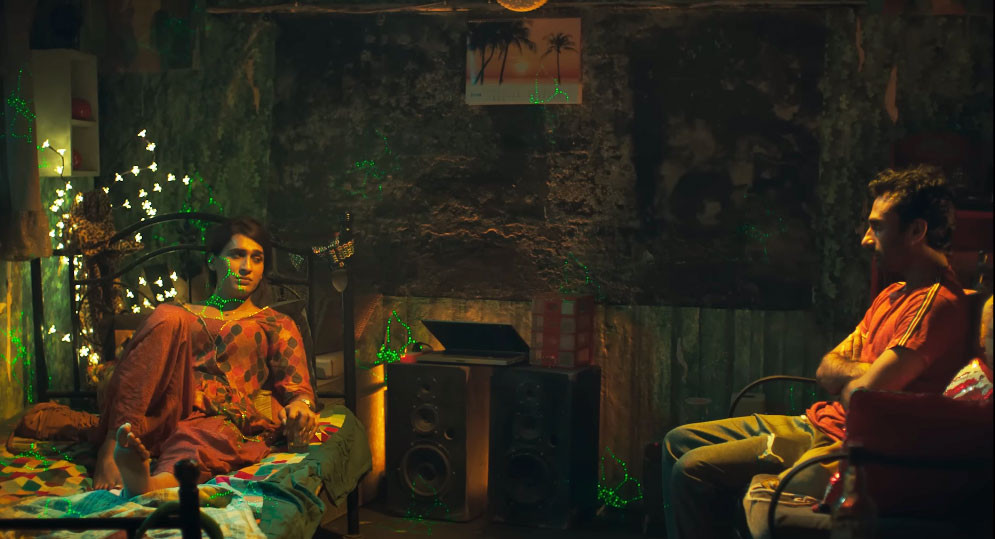
Nuns commit sins too and so do the clerics and so does everyone around us but while God remains the ultimate judge of sins and virtues, humans and their fallibility only make them vulnerable and restless to bypass all such boundaries set by society. They are humans because they are imperfect. They are also a part of society that is in reality made up of such imperfect individuals but expects them to be perfect in return.
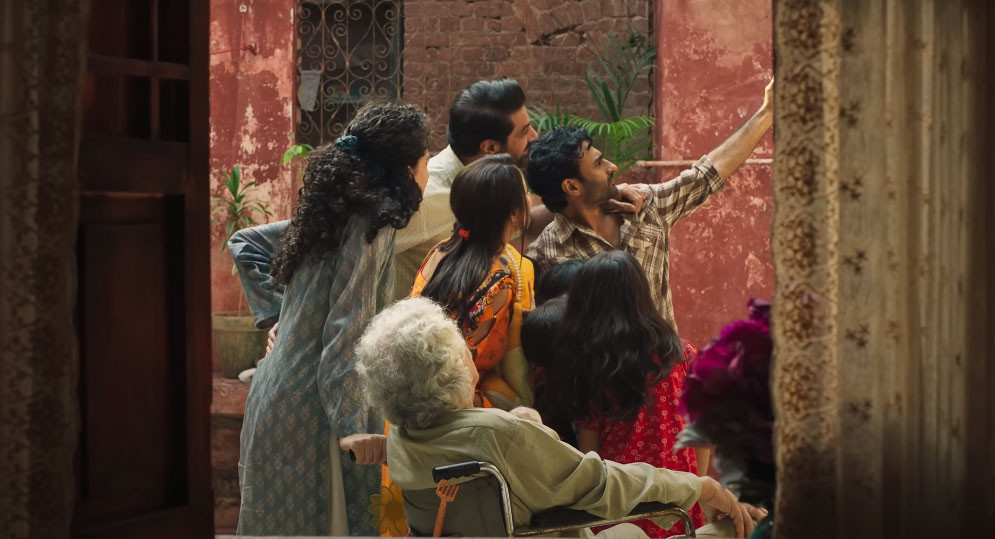
Every individual and every family strives to breathe in their own fashion, just like the Ranas of Joyland. Ranas are an unhappy unit like so many unhappy families around you and me, who look happy and accepting till the façade breaks and their elder son is blessed with yet another daughter.
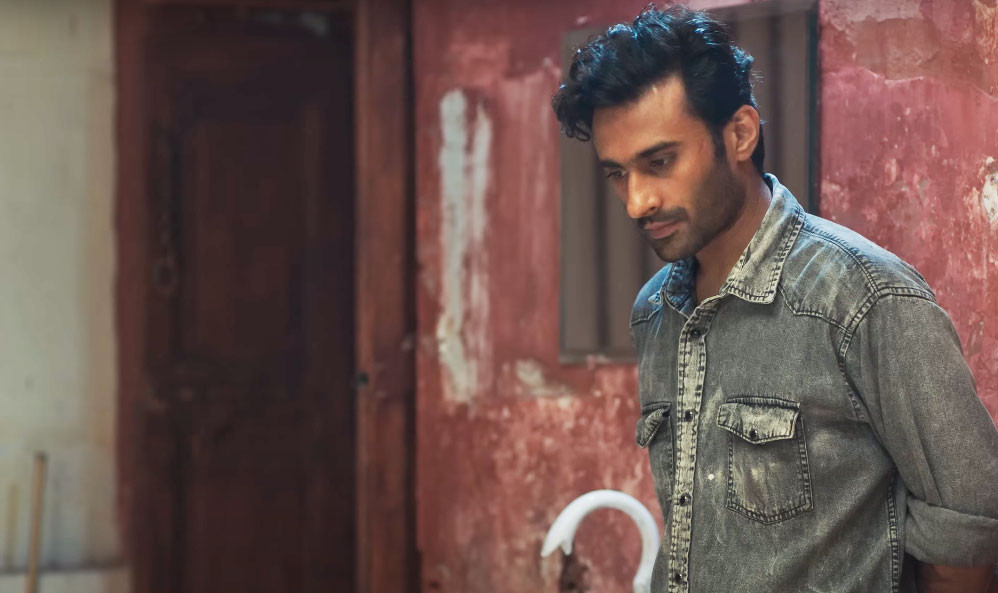
The younger son Haider (Ali Junejo) rushes her sister-in-law, Nutchi (Sarwat Gillani) to the hospital only to be scolded by the elder brother for being useless all the time. There he stumbles upon a beautiful person walking out of the maternity ward with blood all over her clothes but doesn’t get enough time to process who is he looking at.
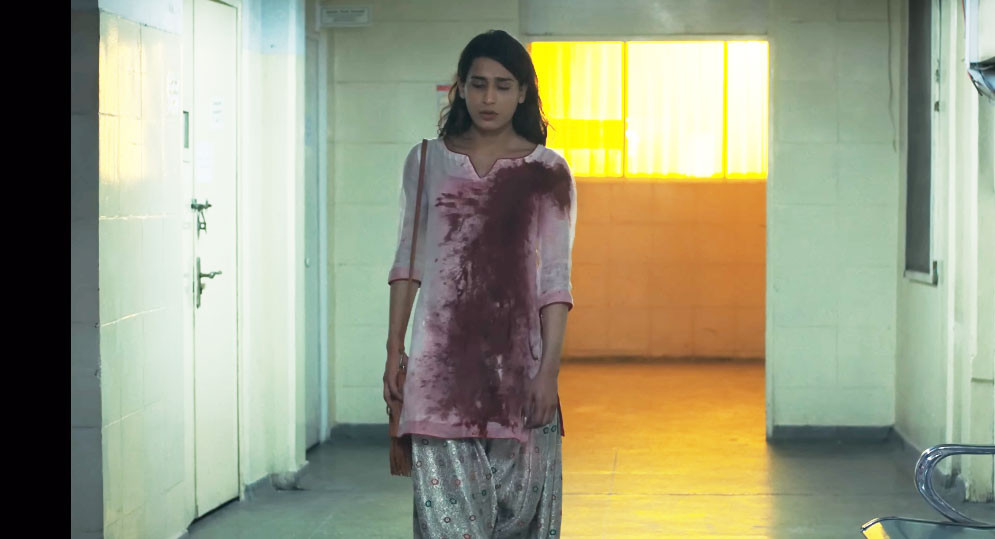
Haider is a mellow, timid, and easily impressionable younger son, a caring husband, who cooks and looks after his nieces just so that his wife Mumtaz (Rasti Farooq) can earn a living as a beautician because he himself doesn't have a job. At the same time, Rana Sahab (Salman Peerzada) the patriarch of the house keeps on cursing Haider for not doing enough for himself and the family.
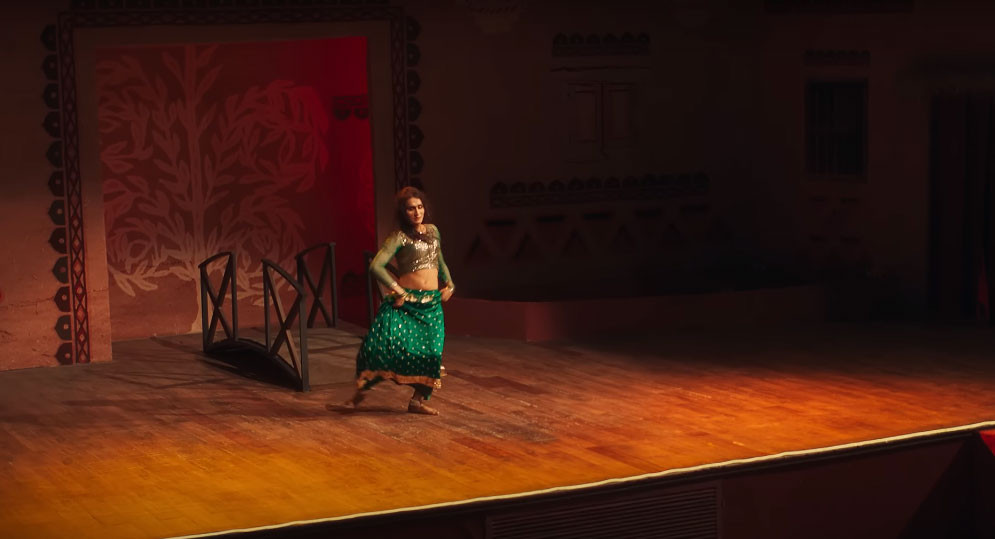
One day, Haider’s friend tells him of a job opening in a theatre. Contrary to Haider’s expectations, the job is not a conventional theatre job but an opening in a dance troupe led by a Trans actor and dancer Biba (Alina Khan). Haider recognises Biba from the maternity ward which Biba denies immediately, however, there’s something so humane about Haider’s curiosity that Biba takes him on board.
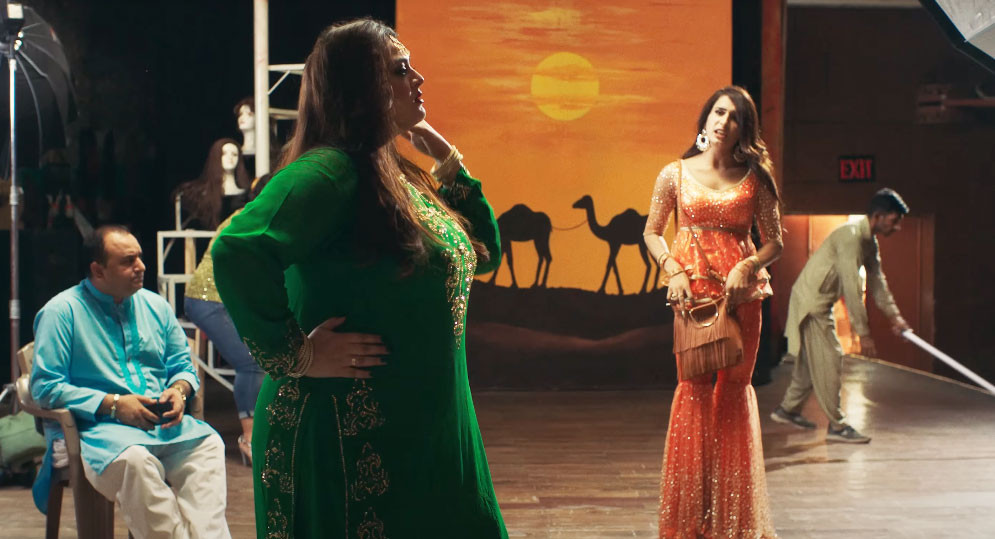
This kicks off a rather emotionally challenging journey for not only Haider, who finally finds a job and someone that he is attracted to, but also every member of the Rana clan, particularly Mumtaz, whose life is about to change completely. Fascinatingly, not because her husband is about to discover so many new things about himself, but because society can’t live with those so many new things, even if Mumtaz tries to, in all her honesty.
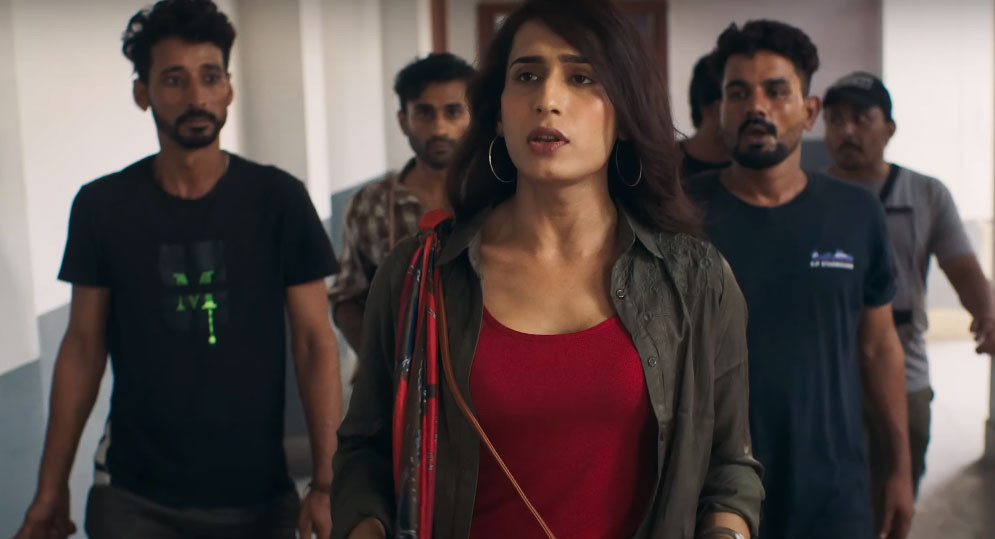
The beauty of Joyland is that it makes you unweave your social fabric, breath by breath, without yelling social drama. In a very Brechtian way, it forces you to search for sense and sanity with no pre-determined moral obligations, creating an illusion so strong that the only way of coming to terms with the unlived lives of the Rana family is by giving life and those characters a chance.
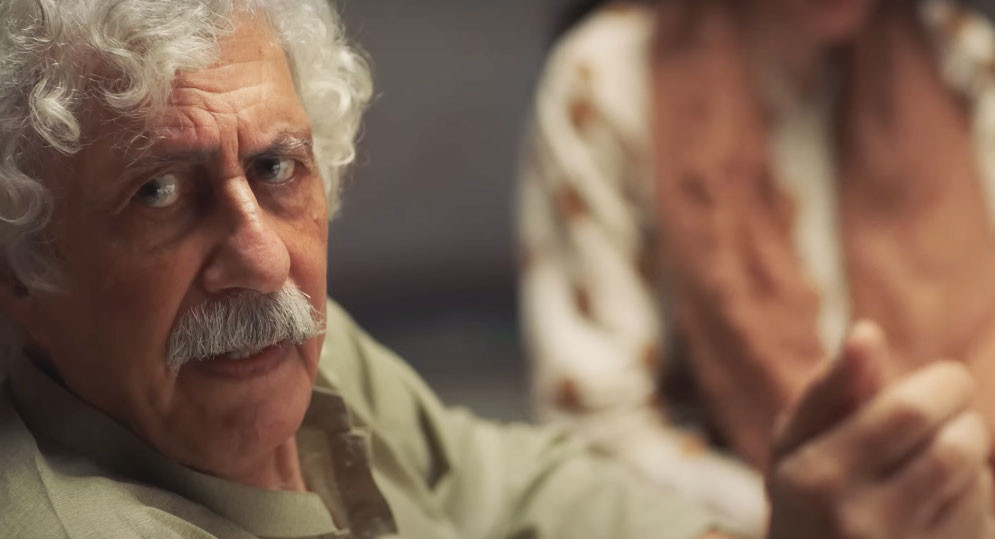
It’s bone-chilling, it’s heartbreaking, it’s cruel, it’s innocent and above all, it’s easy on the eyes and hard on your nerves; a symphony not a sermon about the lives of the ordinary. What you take home after watching Saim Sadiq’s Joyland totally depends on your own baggage. There’s enough in it for the wretched and the blessed.
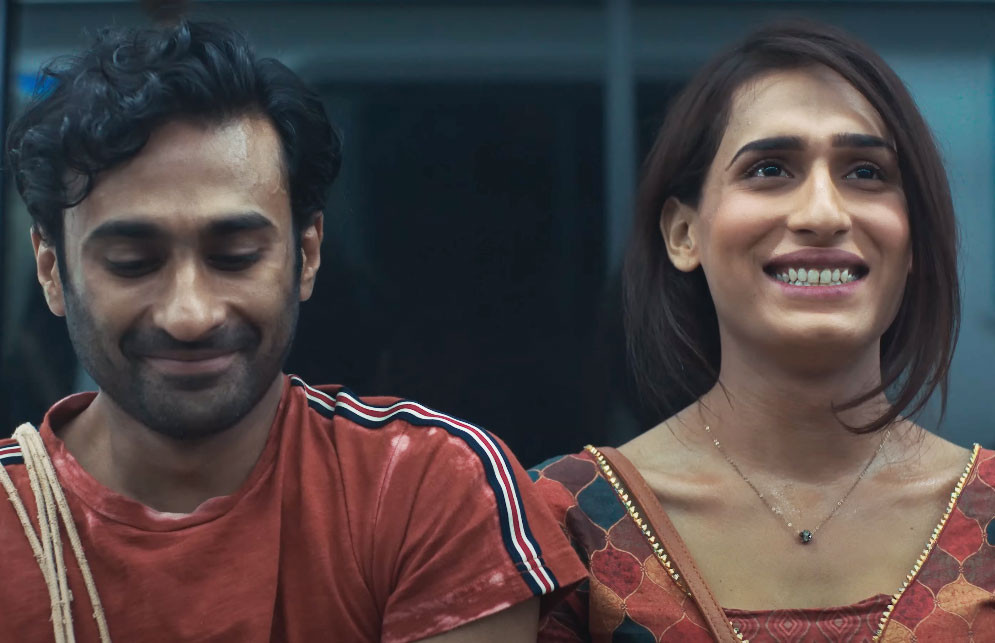
Junejo lights up Haider’s eternal insignificance on screen with the dedication and discipline of a veteran, that life in between hell and heaven with no hope for either is truly magnificent to be played with only a handful of close-ups and no conventionally loud confrontations.
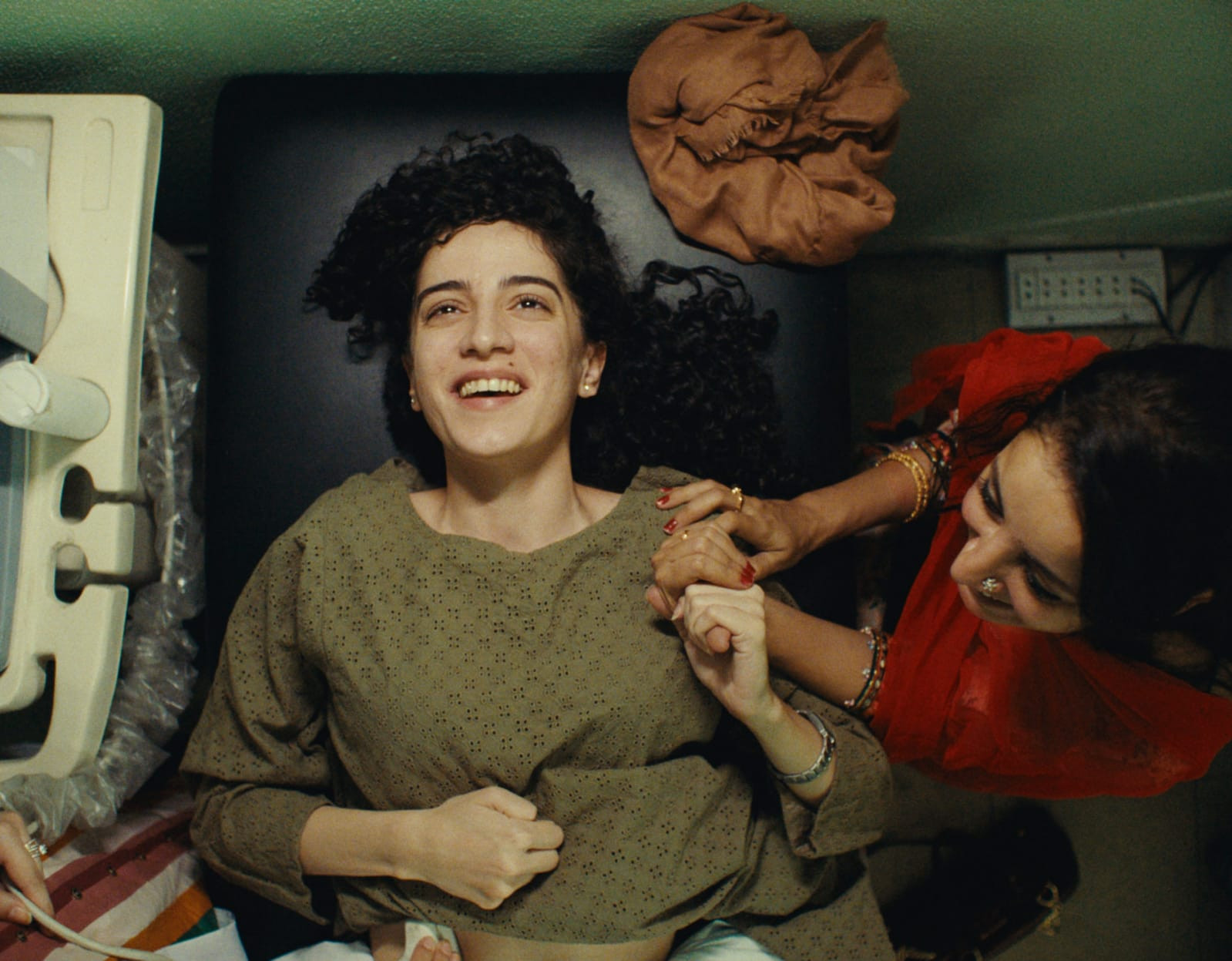
Farooq’s sublime yet wild existence is a master class in subtlety, only those who have lived and died multiple times with the script can imbibe such a dynamic range of emotions and deliver them like muscle memory. Mumtaz's painfully pinching laughter stays with you like a Hans Zimmer score as you walk out of the cinema, also wondering about what it must have taken Khan to immortalise a character that is often not allowed to breathe in our society.
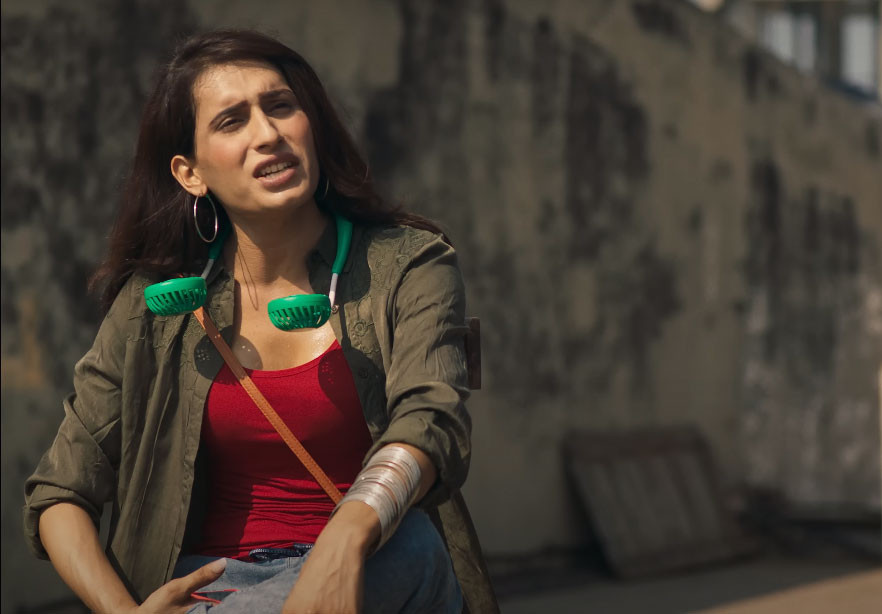
Khan as Biba is honest to the bone, it’s clear that what she is playing means a lot more to her than to any of us and she does beyond justice to the sanctity of all the vulgar and brave attributes associated with what she plays on screen and lives off it. You are forced to think how many Bibas, Haiders, and Mumtazs have died with their honesty so that we can continue to live with our contradictions.
Verdict
Joyland is a must-watch with the recommended parental guidance. It’s also so intense and heavy that you’d probably not watch it twice.
4 stars.
Note: The author of the review watched an uncensored/uncut version of the film.
Have something to add to the story? Share it in the comments below.
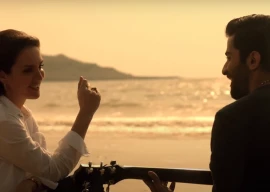
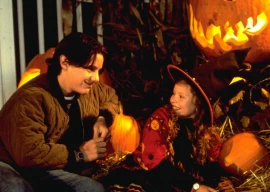
1730355716-0/Copy-of-Untitled-(59)1730355716-0-270x192.webp)
1730276684-0/Copy-of-Untitled-(55)1730276684-0-270x192.webp)
1730095495-1/WhatsApp-Image-2024-10-28-at-11-04-18-(1)1730095495-1-270x192.webp)










COMMENTS (9)
Comments are moderated and generally will be posted if they are on-topic and not abusive.
For more information, please see our Comments FAQ